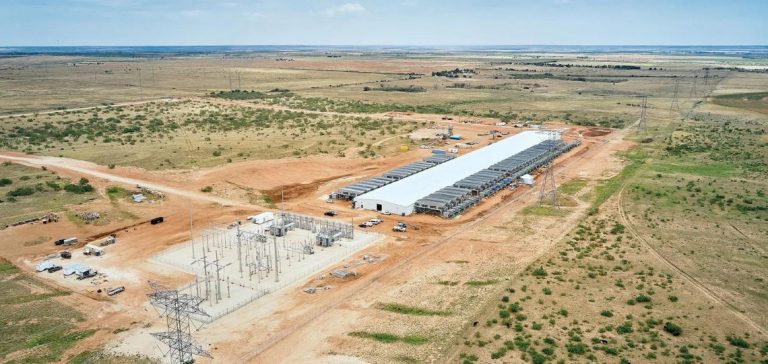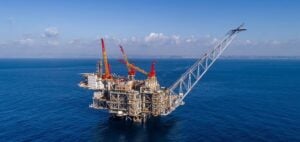Allied Energy Corporation (OTC: AGYP) announces the commissioning of its project with Enerhash USA.
The project involves using flared gas, a resource normally wasted, to power Bitcoin mining containers. The initiative is based on an initial 1MW capacity at the Frost site in Texas, harnessing this unvalued gas to produce energy and generate revenue.
This approach reflects a growing trend in the industry to reduce energy waste while developing new sources of profit for oil companies.
Bitcoin mining, an energy-intensive process, finds a useful application here by recovering flared gas.
This gas, a by-product of oil extraction and usually lost, can now be transformed into low-cost electricity to power the mining infrastructure.
This initiative represents a significant business opportunity for energy companies seeking to diversify their revenues while adding value to traditionally under-exploited resources.
Initial economic benefits for Allied Energy
Allied Energy has already received its first revenue from the Frost project, proving its commercial viability.
The project is expected to generate cash flow over the next six months, an asset for the company as it seeks to consolidate its position in the energy sector.
By diversifying into Bitcoin mining, Allied Energy is implementing a strategy of adapting to the transformations in the global energy industry.
The appeal of this business model lies in its ability to exploit on-site resources without the need for major additional infrastructure.
As Bitcoin mining is a mobile and modular activity, it can be easily integrated into existing flared gas production sites.
Allied Energy and Enerhash USA are among the first players to seize this opportunity and develop a hybrid model combining fossil fuels and new technologies.
Allied joins forces with Enegix Global for a similar project
In parallel, Allied Energy is collaborating with Enegix Global and River Energy Group LLC on the Thiel #1 site, where a similar gas recovery project is under development.
This strategic partnership is based on the supply of gas to power other cryptocurrency mining infrastructures, strengthening Allied’s position in this field.
This project, still in the development phase, could pave the way for wider commercialization of mining activities associated with the oil industry.
The Thiel #1 site, like the Frost site, illustrates an innovative approach to valorizing energy resources, taking advantage of the flexibility of Bitcoin mining facilities.
This type of project is attracting the attention of many players in the sector, as it meets a growing demand for cost-effective solutions for the use of by-products from hydrocarbon extraction.
Medium-term outlook
In the medium term, Allied Energy hopes to capitalize on these initial results to extend its model to other sites.
By reusing flared gas, the company is positioning itself as a forerunner in an industry that is still in its infancy.
Other players could quickly follow suit, attracted by the potential for additional revenue without major investment.
The recovery of flared gas for cryptocurrency mining projects is booming, especially in regions like Texas where oil production is abundant.
Flared gas sites, traditionally seen as financial losses, are being transformed into lucrative opportunities thanks to this new form of energy recovery.
Allied Energy, in partnership with Enerhash USA and Enegix Global, aims to remain at the forefront of this movement.





















